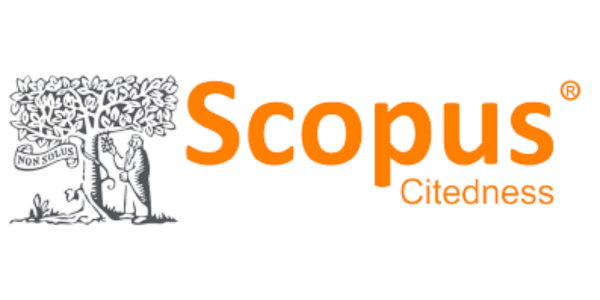RUANG PUBLIK DAN DAKWAH DI MEDIA SOSIAL
DOI:
https://doi.org/10.21274/dinamika.2021.21.01.22-41Keywords:
Keywords: Public space, da'wah, discussion, debate, opinionAbstract
This journal aims to understand the concept of public space if used to see Islamic preaching through social media, especially in Indonesia. By using qualitative methods, this research describes many characteristics of pulik space, media and its relation to Islamic da'wah. Based on the discussions contained in this study explained that at first the understanding of public space changed and developed in every era influenced by the conditions that occurred at that time. In the beginning, public space was only understood as a space or a place to be targeted for certain circles but as it develops, public space becomes a place for everyone who is present in the space is considered the same without distinguishing any background. This means that public spaces are considered as places or spaces where individuals can be present and free to express their opinions, dialogue and debate critically and rationally over the issues faced together without feeling threat or pressure and domination from any party. By going through public space it will produce a common understanding. There are various media that can be used in public spaces, both open space media, mass media to social media. In the context of da'wah, the concept of public space can be an inspiration to develop a model of da'wah amidst the opportunities and challenges faced in the development of social media, namely making the model of da'wah more equal between mad'u and da'i. This da'wah model can be done through several steps, first, providing dialogue and debate space through digital platforms. Second, this forum will discuss about certain topics. Third, open to all parties, both Muslims and non-Muslims and da'i and mad'u present with the same and equal space and portion in terms of expressing opinions. Fourth, mad'u can express his doubts about Islam. Fifth, da'i as a facilitator can also convey his perspective and make clarifications related to misperceptions by mad'u on Islam.









